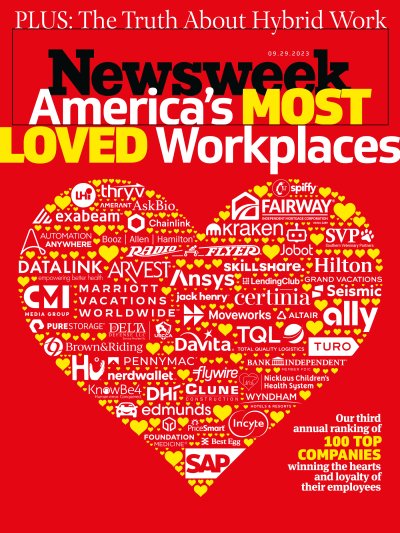Americans are worried about their expected income over the next six months as perceptions about the economy turn sour, with consumers believing that the economy will plunge into a recession in the next year, according to a recent survey.
A confluence of high prices of goods, elevated inflation and hiked interest rates plus a polarized political environment add more uncertainty about the future as economic conditions tighten.
Less Americans think there will be more jobs available over the coming months compared to a month ago and the number of people who think there will be fewer postings has also increased, according to The Consumer Confidence Survey, released on Tuesday.
"Consumer confidence fell again in September 2023, marking two consecutive months of decline," Dana Peterson, chief economist at The Conference Board, said in a statement. "Responses showed that consumers continued to be preoccupied with rising prices in general, and for groceries and gasoline in particular. Consumers also expressed concerns about the political situation and higher interest rates."

The Conference Board found that Americans are increasingly concerned about their family finances as their outlook for business conditions worsened for the coming months.
The pessimism Americans feel about the U.S. economy comes at a time when the Federal Reserve has raised interest rates to two-decade highs in the hope of slowing down consumer spending to stifle soaring inflation. The moves have contributed to a decline in home sales, a high cost of credit, and made it more expensive for businesses to expand.
The Fed held rates to their current range of 5.25 to 5.5 percent in hopes that the economy would achieve a "soft landing" next year, meaning that the high rates environment it has instituted would slow the economy and moderate inflation without causing too much damage to jobs.
Policymakers projected the economy would grow by 2.1 percent this year, decline to a growth of 1.5 percent in 2024, and expand by 1.8 percent beginning in 2025.
But economists, including those at the Conference Board, forecast a recession—albeit a "very short and shallow" one—for the first half of 2024. Americans seem to feel the same way as well, the survey showed.
"The proportion of consumers saying recession is 'somewhat' or 'very likely' rose in September after dropping in August. The fluctuating soundings likely reflect ongoing uncertainty given mixed buying plans," Peterson said in the statement.
News of an impending shutdown, a restart of student loan payments, and a stuttering stock market is adding to the gloom that Americans may be feeling about the state of the U.S. economy.
"Consumers may be hearing more bad news about corporate earnings, while job openings are narrowing, and interest rates continue to rise—making big-ticket items more expensive," Peterson said.
"The decline in consumer confidence was evident across all age groups, and notably among consumers with household incomes of $50,000 or more," she added.








